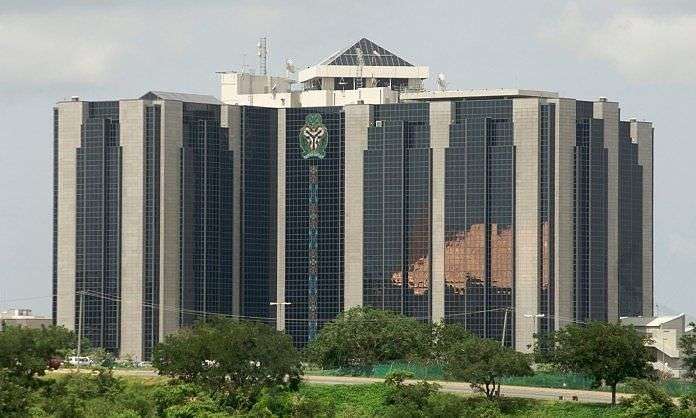The Monetary Policy Committee (MPC) of the Central Bank of Nigeria (CBN) is expected to maintain its inflation-tightening approach at its final meeting of the year, as inflationary pressures continue to rise.
At its September meeting, the MPC raised the Monetary Policy Rate (MPR) by 50 basis points to 27.25%, citing concerns over core inflation, money supply growth, fiscal deficits, and rising food prices. Despite a downward trend in headline inflation at that time, core inflation remained elevated, driven by energy costs and structural issues.
During the September meeting, CBN Governor Olayemi Cardoso highlighted the Federal Government’s initiatives to address insecurity in farming communities and bridge food supply deficits through duty-free food commodity imports.

“The MPC applauded the government’s efforts and expressed optimism that lifting refined petroleum products from the Dangote Refinery would moderate transportation costs and reduce food price pressures in the short to medium term,” Cardoso stated.
The Committee also noted that local refined petroleum production could ease foreign exchange demands for fuel imports, improve external reserves, and enhance the balance of payments.
Economic analysts expect the MPC to adopt a hawkish stance at its upcoming meeting. Factors influencing this expectation include domestic inflation rising to 33.88%, weaker Purchasing Managers’ Index (PMI) data, energy price increases, foreign exchange volatility, and growing fiscal deficits.
The PMI composite index for October dropped to 49.6 points from 50.5 in September, reflecting a slowdown in business activity. The contraction was most pronounced in the industrial sector, with declines in new orders, employment, and raw material stocks.
Analysts at Afrinvest noted, “Inflationary pressures, foreign exchange volatility, and the national debt profile, now at ₦134.3 trillion (52% of GDP), are critical considerations. We anticipate at least a 25bps increase in the MPR at the year’s final policy meeting.”
Meristem Securities echoed this view, projecting a 50bps hike in the MPR to 27.75%. They highlighted global disinflationary reversals, declining oil prices, and rising fiscal expenditures as key considerations for the MPC’s decision.
The MPC’s primary focus remains curbing inflation and achieving positive real interest rates to attract foreign investments. While elevated fixed-income yields provide some investor incentives, rising inflation and exchange rate volatility continue to challenge Nigeria’s monetary landscape.
The final MPC meeting for the year will likely reflect the Committee’s commitment to stabilizing the economy amid mounting fiscal and economic pressures.





